
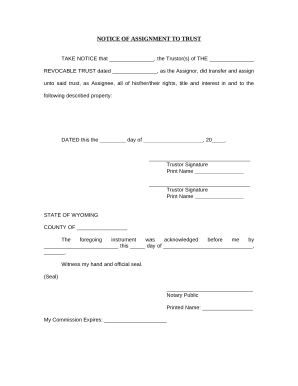
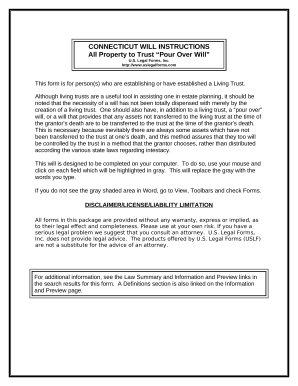
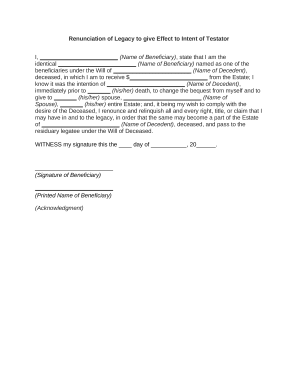
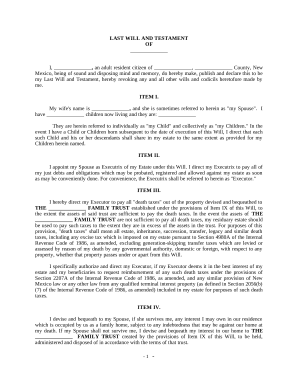

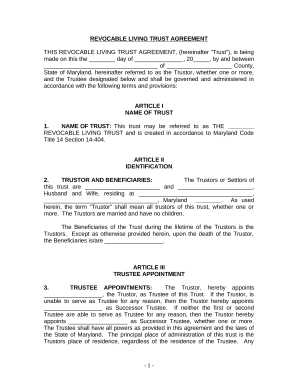
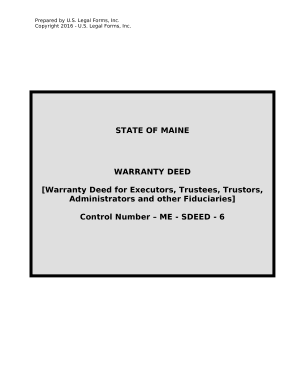
Document administration can overwhelm you when you can’t discover all the documents you require. Fortunately, with DocHub's extensive form categories, you can get everything you need and swiftly deal with it without changing among programs. Get our Trust & Estates and start utilizing them.
The best way to manage our Trust & Estates using these simple steps:
Try out DocHub and browse our Trust & Estates category without trouble. Get a free profile right now!